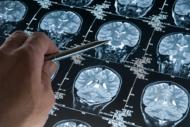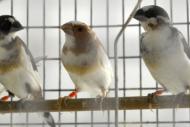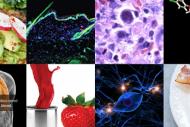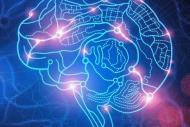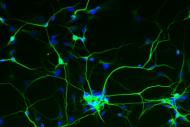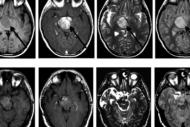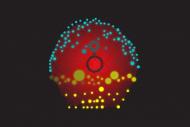UCSF researchers have discovered that the brain’s ability to regulate body weight depends on a novel form of signaling in the brain’s “hunger circuit” via antenna-like structures on neurons called primary cilia.
UCSF neurologists have discovered monthly cycles of brain activity linked to seizures in patients with epilepsy.
UCSF research finds that although young male songbirds are genetically predisposed to sound like their fathers, enriched early experience with a foster-father can overcome this genetic destiny.
Millions of people suffer traumatic brain injuries each year, but there remains no effective treatment.
Whether you are seeing them for the first time or coming back for another look, check out the most popular scientific stories from UC San Francisco from the past year.
UCSF have taken the first step toward a comprehensive atlas of gene expression in cells across the developing human brain.
Researchers at UCSF have developed a new genetic model of autism, using neurons created in the lab from patients’ own skin cells.
Children with an extremely deadly form of brain cancer might benefit from a new treatment that aims to direct an immune response against a mutant form of a protein found exclusively on cancer cells.
Maternal stress during the second trimester of pregnancy may influence the nervous system of the developing child, both before and after birth.
UCSF researchers are leading several initiatives that aim to see how dozens of seemingly unrelated genes and proteins involved in a disease are in fact all part the same interconnected biological pathway.

